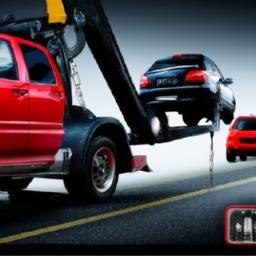Spherical-the-Clock Towing & Roadside Wait on in Indianapolis
When the rhythm of Indianapolis slows and the city’s skyline is etched against the night, effort on the road can really feel especially atmosphere apart.
A flat tire on I-465 at daybreak, a silly battery start air a downtown venue after a game, or a unexpected breakdown on a silent neighborhood avenue-all of these moments fragment one ingredient: they hardly ever happen at a convenient time.
That is where round-the-clock towing and roadside assistance steps in, turning an unexpected discontinuance into a manageable cease. In a city that strikes steadily from early-morning commutes to leisurely-night shifts, first charge 24/7 enhance is no longer always only a comfort; or no longer it is indeed a handy necessity.
This text explores how Indianapolis drivers can navigate emergencies any time of day or night,what companies and products are indubitably available need to you call for back,and what to rob expose of when deciding on a towing or roadside supplier that is ready at any time when the road is no longer always.
Working out 24 7 Towing Services in indianapolis and When to Use them
In a city that by no blueprint fully sleeps, having win entry to to back every hour of the day blueprint extra then only a tow from point A to point B. It be about having a cell safety win when your automobile decides to quit at 3 a.m. on I‑465 or in the center of a downtown blizzard.
Spherical-the-clock tow operators in Indianapolis customarily present extra than in trend hauling; their teams are geared up for rapid response, site traffic-safe loading, and on-the-scrape troubleshooting. Overall companies and products contain:
- Emergency tows after accidents or unexpected breakdowns
- Flatbed transport for AWD, luxury, or low-clearance vehicles
- Winching and recovery need to you are caught in snow, mud, or a ditch
- On-the-road diagnostics for easy, lickety-split fixes earlier than towing
- Coordinated drop-offs to restore shops, dealerships, or your driveway
| Ache | Most efficient Option |
|---|---|
| No-open in a stable parking lot | Roadside leap or battery provider |
| toll road breakdown at night | Emergency tow to a stable region |
| Minor tire enviornment with a spare available | On-set up tire alternate |
| Car off-road or in a ditch | Winch-out and safety inspection |
Moving when to inquire of a tow versus a in trend roadside back can set up time, money, and stress. As a rule of thumb, call for a bulky tow when your automobile can not be safely driven-a lot like after a collision, when there is seen fluid leaking, excessive steering or brake problems, or dashboard warnings that counsel main engine or transmission effort. Reserve lickety-split roadside back for factors be pleased:
- Locked-out keys need to you would possibly per chance presumably per chance per chance clearly search them inside
- Out-of-gasoline stops where a gasoline top-up will get you transferring again
- Single flat tire that can presumably per chance per chance be swapped alongside with your usable spare
- Dreary battery that practically all effective needs a leap to restart
Needed Roadside assistance Alternatives Every Indianapolis Driver Ought to peaceful Know
From I-465 at speed hour to neighborhood streets in Ample Ripple, unexpected automobile effort can strike wherever, making it principal to clutch exactly what back is accessible earlier than you need it.At a minimum, drivers need to procure win entry to to 24/7 towing, battery leap-begins, and emergency gasoline offer, alongside with flat tire assistance and lockout companies and products that can win you aid on the road rapid with out a dear detour to the restore shop.
Many Indianapolis suppliers moreover offer winch-outs for vehicles caught in snowbanks or muddy shoulders, plus minor roadside repairs be pleased tightening loose battery cables or replacing blown fuses on the scrape.
Because cases vary from iciness ice storms to summer building zones, or no longer it’s dapper to compare protection suggestions and response cases, no longer only costs. Survey companies and products that clearly elaborate their moderate ETA, towing radius, and whether or no longer they handle mild-responsibility, medium-responsibility, and uniqueness vehicles.
You would also even win your have “roadside safety win” by combining memberships, insurance add-ons, and local suppliers. The comparison underneath can back you recognize which combine would possibly per chance presumably per chance per chance work most effective to your driving habits:
| service Kind | Most efficient For | Same earlier Protection |
|---|---|---|
| Insurance protection Add-On | Funds-acutely aware drivers | overall towing & leap-begins |
| Motor Club Membership | On daily basis commuters | Multiple call-outs, outing advantages |
| Local Tow Company | Rapid city response | rapid ETA, versatile companies and products |
- Tip: Set as a minimum two roadside numbers to your phone for backup.
- Tip: Verify Indianapolis provider protection earlier than shopping any opinion.
- Tip: Attend a in trend emergency package so minor factors don’t change into main delays.
The trend to Settle a Reliable Local Tow Company Per Response Time and Repute
If you happen to are stranded on the shoulder of I-465 at 2 a.m., the clock issues just as grand as the tow truck. Birth by checking how rapid an organization promises to attain you and the blueprint consistently they bring on that promise. Survey clear estimates be pleased “Half-hour or less” in possibility to imprecise phrases a lot like “rapid provider.”
Many indianapolis operators list protection zones and moderate arrival cases on their web sites-exercise that to your advantage. Also, verify they indubitably operate 24/7/365, no longer only “extended hours,” and that they’re going to handle your notify automobile sort, whether or no longer or no longer it is indeed a compact automobile, a work van, or a gradual-responsibility truck.
| Local Tow Company | common ETA | Service Hours | On-line Rating |
|---|---|---|---|
| Towing Near Me 247 | 20-30 min | 24/7 | 4.8 / 5 |
| Pitbull Heavy Duty | forty five-60 min | 6am-10pm | 4.1 / 5 |
| Indi Towing | 30-40 min | 24/7 | 4.5 / 5 |
Equally well-known is how an organization treats folk when the strain is on. Forward of you set up a number to your phone, scan reviews for habitual themes about honesty, professionalism, and clear pricing. Prioritize suppliers with detailed feedback over these with most effective a handful of imprecise 5-principal particular person ratings.
Reliable Indianapolis tow operators are inclined to fragment their credentials openly-licenses, insurance, and any partnerships with law enforcement or main insurers. As you compare suggestions, exercise a transient psychological guidelines:
- Clear rates and written or texted estimates earlier than hook-up
- Proper local presence with an Indianapolis address, no longer only a call center
- consistent response cases talked about all the blueprint through extra than one reviews
- Polite dispatchers who come up with the driver’s title and are residing ETA
- Unusual equipment and comely, clearly marked vehicles
Incandescent Safety steps to Prepare While Awaiting Towing or Roadside Wait on in Indianapolis
After you procure pulled over on an Indy avenue or I-465 shoulder, your subsequent transfer is all about visibility and distance. Turn to your hazard lights straight away, and if or no longer it’s safe, scrape reflective triangles or flares a short distance in the aid of your automobile.
Attend doorways closed going through site traffic, and step out on the aspect a ways flung from transferring vehicles, ideally in the aid of a guardrail or successfully onto the grass. At night, exercise your phone’s flashlight sparingly so drivers don’t confuse it with site traffic signals. Attend a ways flung from standing between vehicles, and by no blueprint strive DIY fixes in are residing site traffic lanes, even supposing the enviornment looks minor.
- Defend inside or in the aid of a barrier when site traffic is heavy.
- Half your staunch region utilizing a device pin with the tow or roadside supplier.
- Attend valuables out of perceive and doorways locked whereas you wait.
- Use well mannered caution with strangers-get dangle of back most effective from verified mavens.
- Look the climate-exercise blankets in iciness and crack dwelling windows moderately in summer.
| Ache | Most efficient Safe Pass |
|---|---|
| Busy downtown avenue | Defend in the automobile with hazards on and seat belt mounted. |
| Isolated road at night | Lock doorways, withhold lights on, and recount to helpers through a cracked window. |
| Shoulder of I-70 or I-65 | Exit on the non-site traffic aspect and wait successfully a ways flung from the roadway. |
Future Outlook
When the unexpected happens alongside the streets and interstates of Indianapolis, it helps to clutch it’s foremost to no longer by myself on the shoulder. Spherical-the-clock towing and roadside assistance turns a irritating breakdown into a manageable delay, bringing knowledgeable back to wherever you procure attain to a discontinuance-whether or no longer that is a silent aspect avenue, a crowded downtown block, or a downhearted stretch of toll road start air the city lights.
In the stay, first charge 24/7 enhance is less about vehicles and instruments and extra about continuity: the peace of thoughts that your plans don’t merely stay with a flat tire, a silly battery, or an empty tank.
Day or night, clear skies or unexpected storms, there is a lifeline operating in the course of the circle City-in a position to tug you aid onto your route, so the road ahead can discontinuance exactly where it belongs: in front of you.
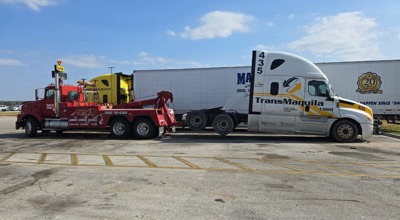

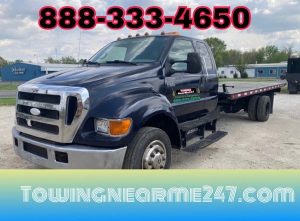
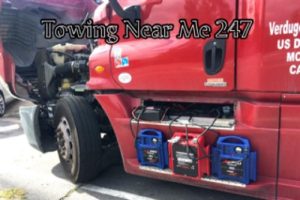
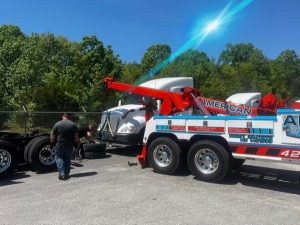
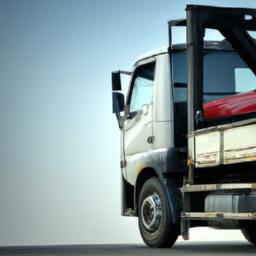
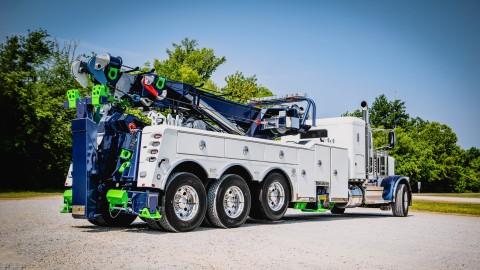
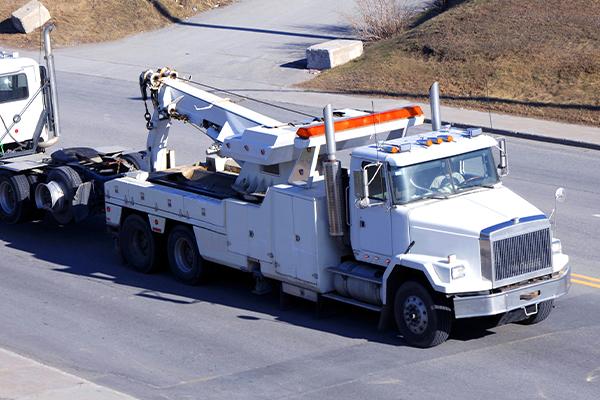 flatbed trailers capable of lifting and transporting massive loads safely, ensuring minimal risk to both the vehicle and surrounding traffic during the towing process”>
flatbed trailers capable of lifting and transporting massive loads safely, ensuring minimal risk to both the vehicle and surrounding traffic during the towing process”>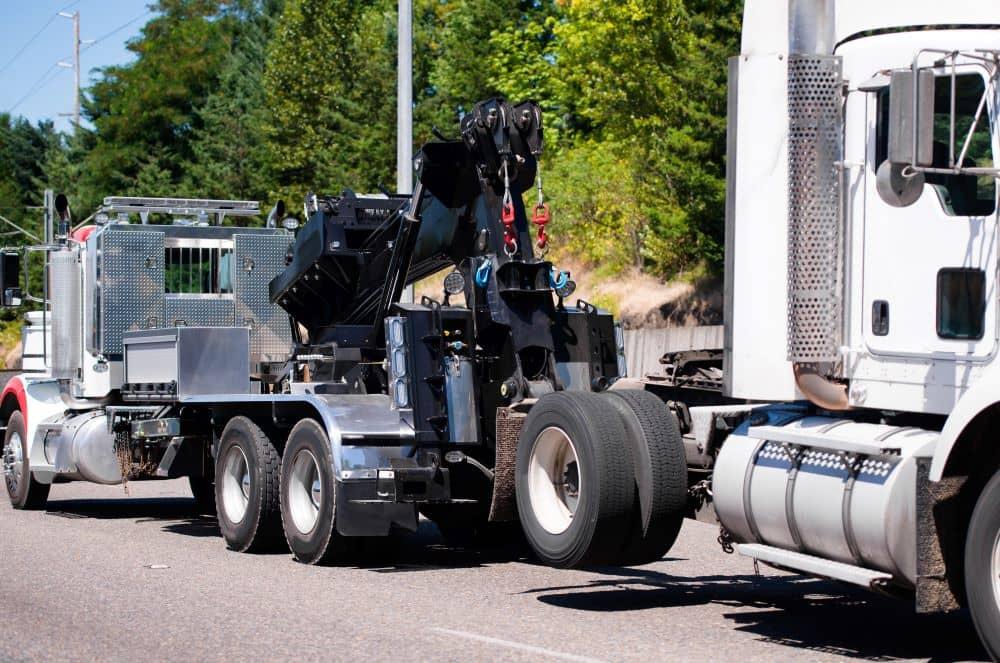
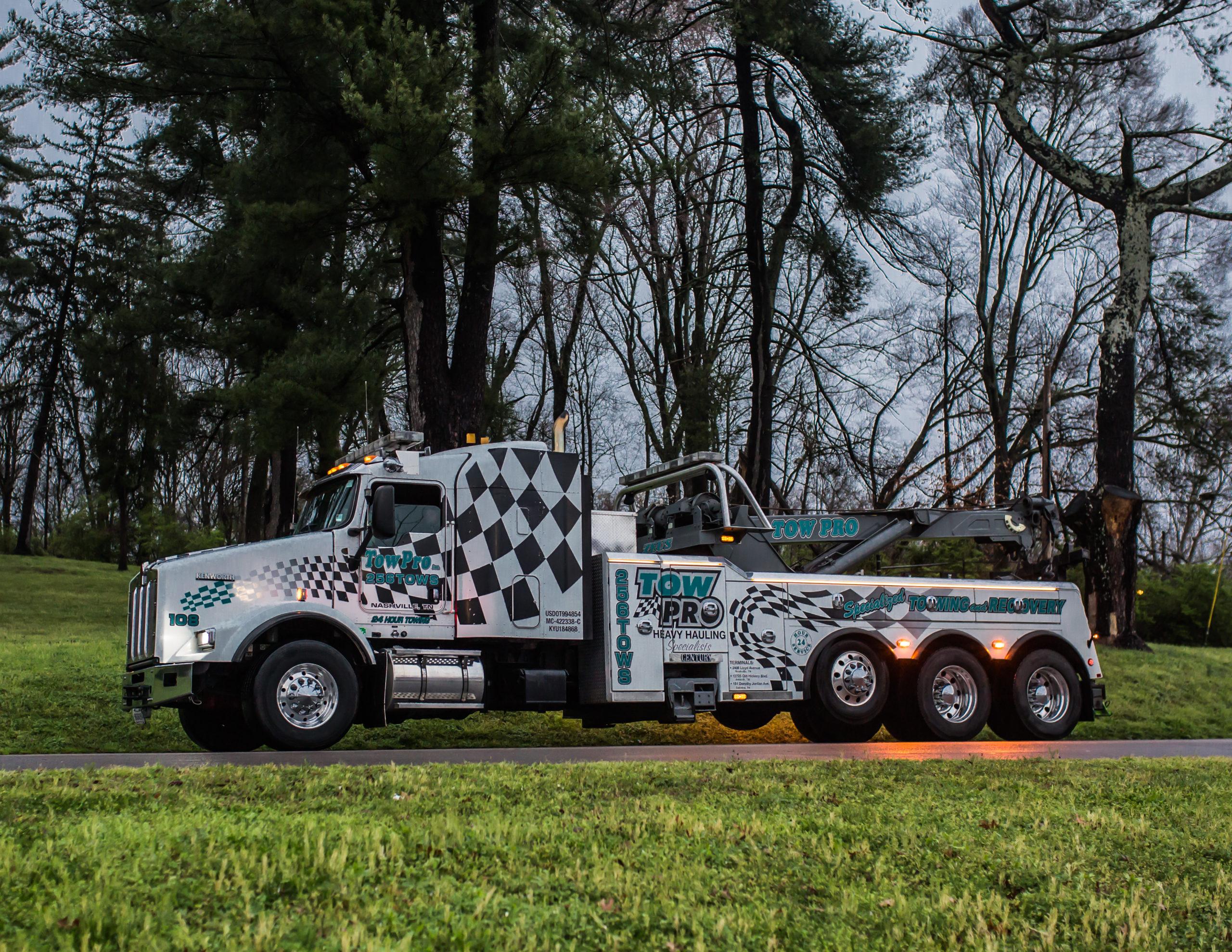 towing solutions that meet the unique needs of heavy-duty vehicles”>
towing solutions that meet the unique needs of heavy-duty vehicles”>